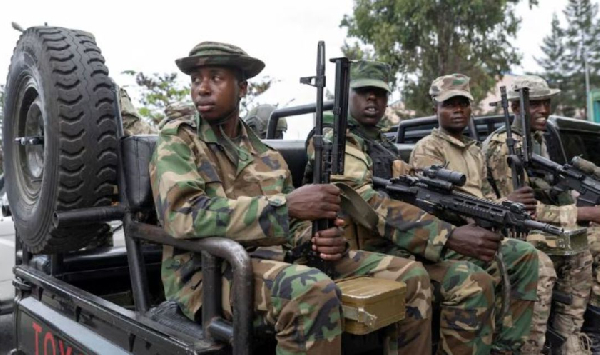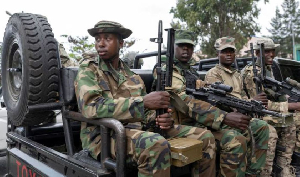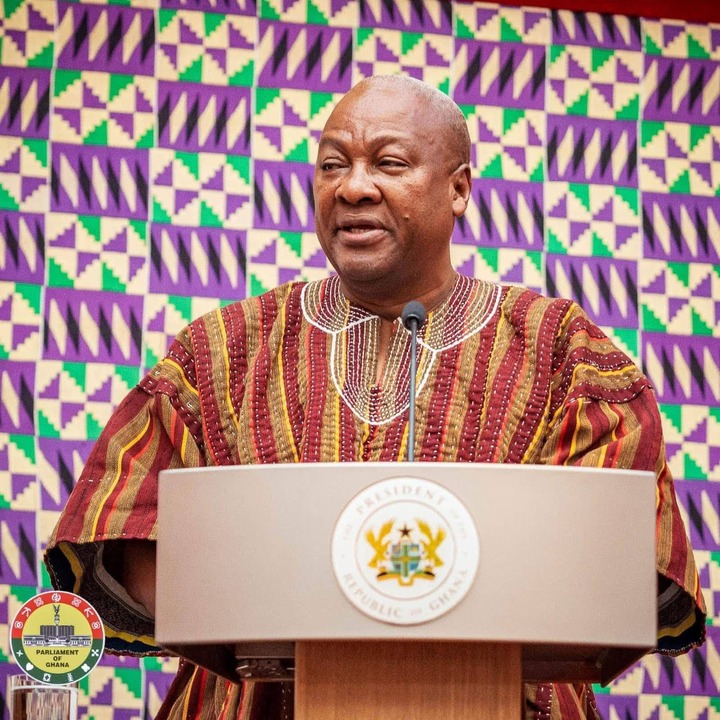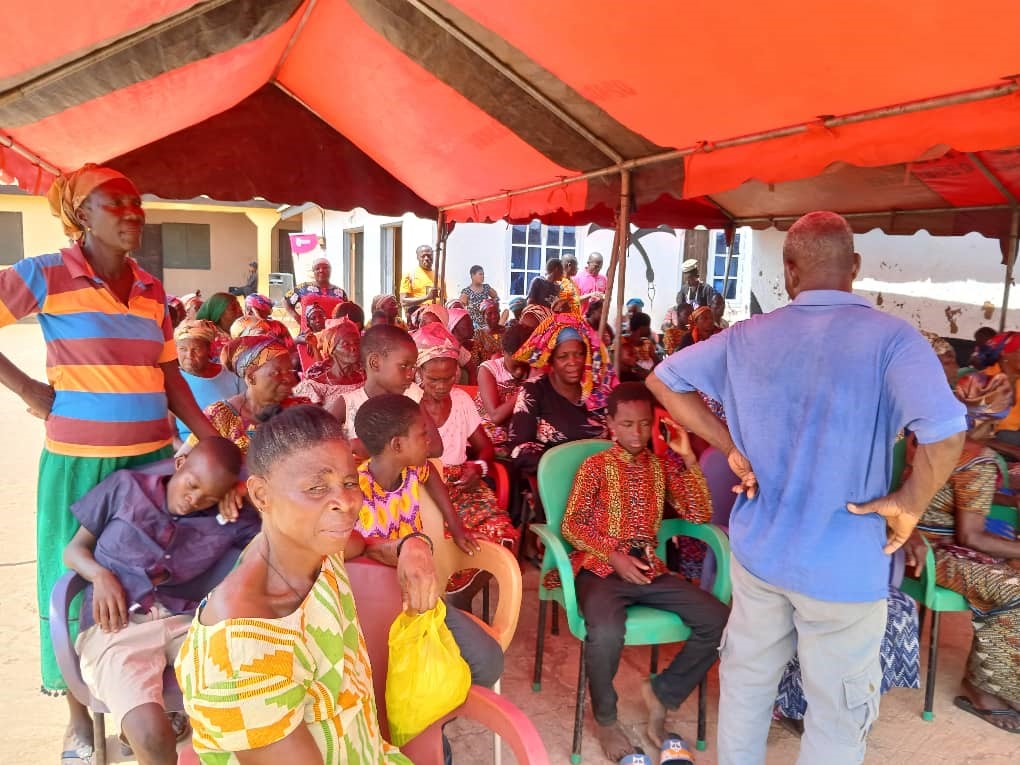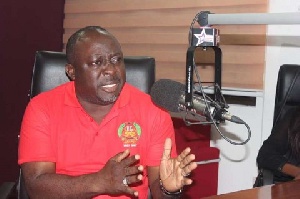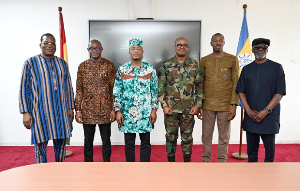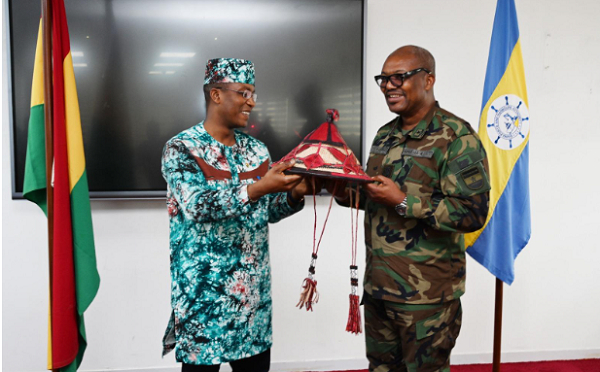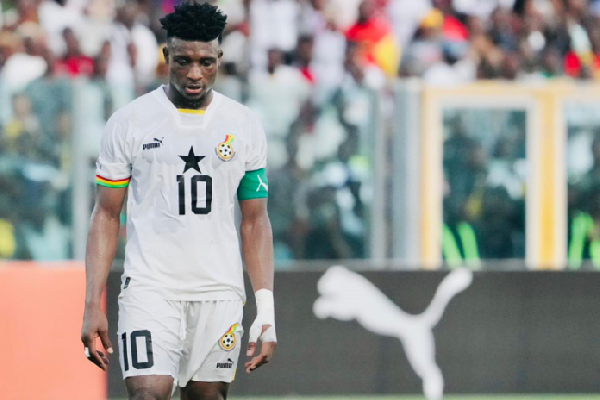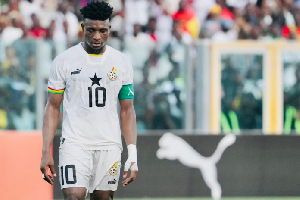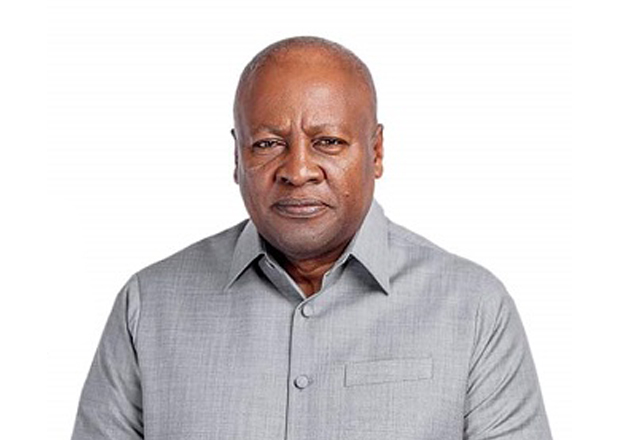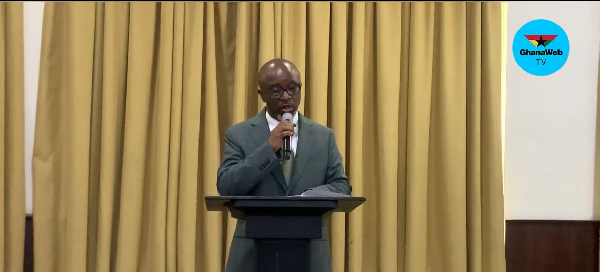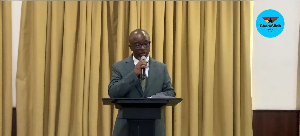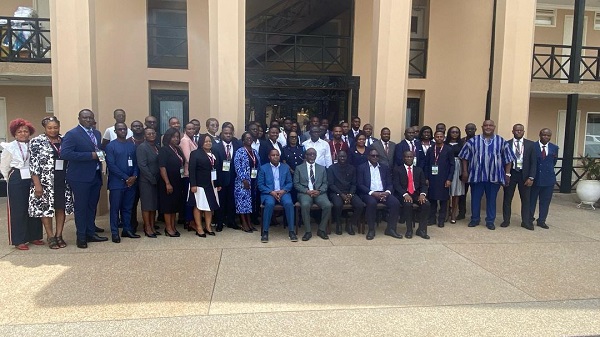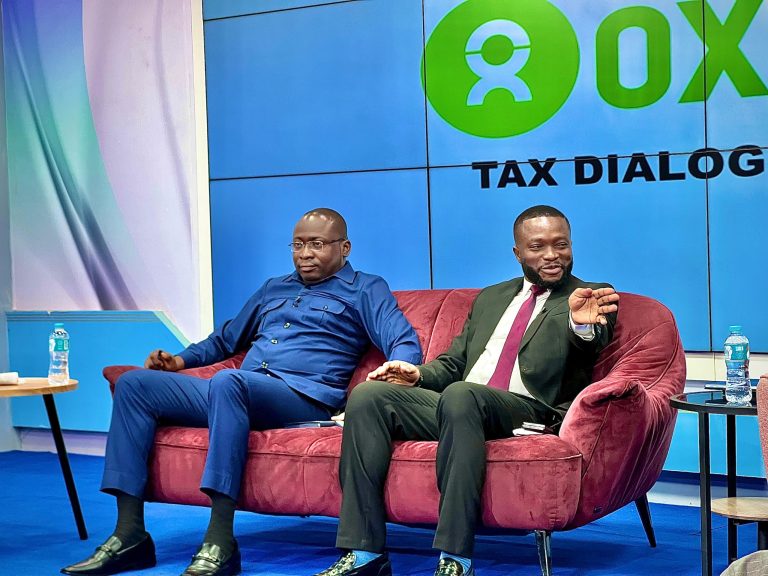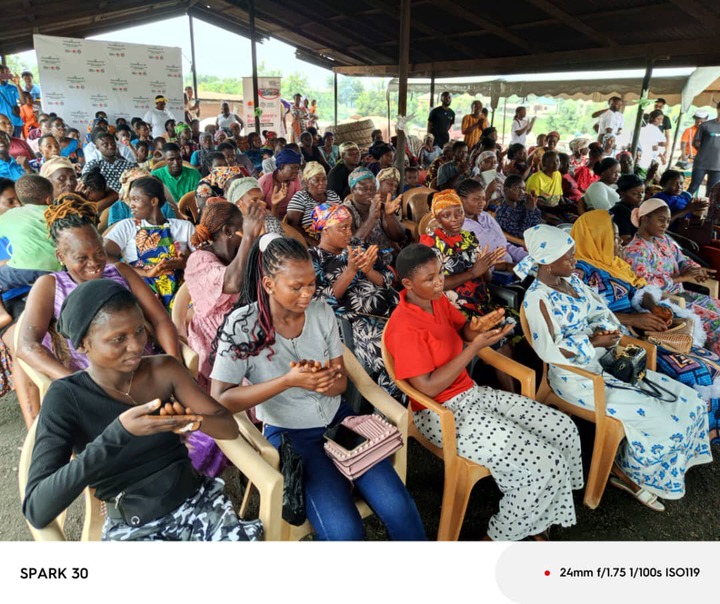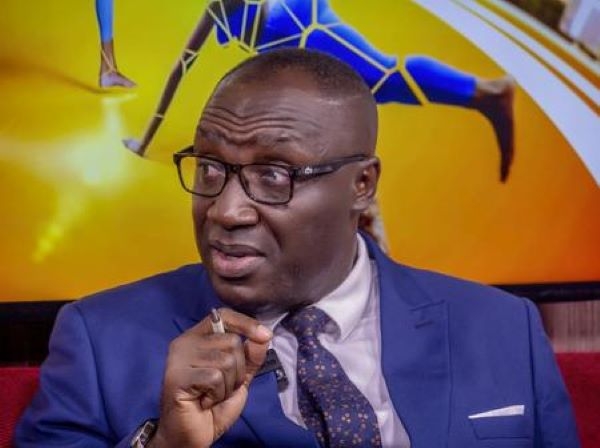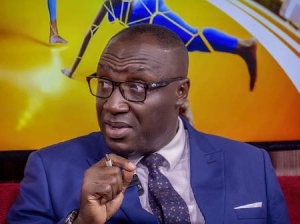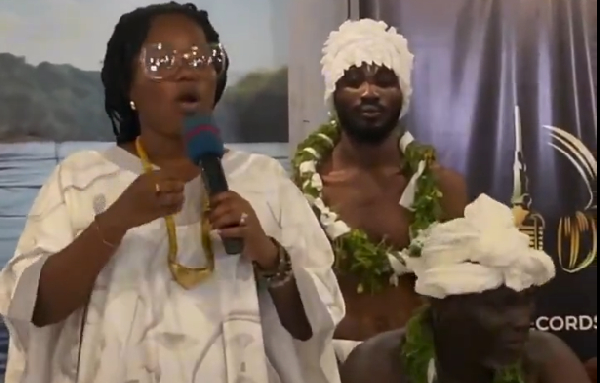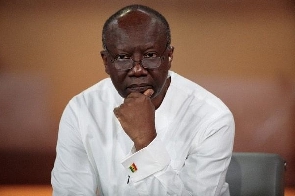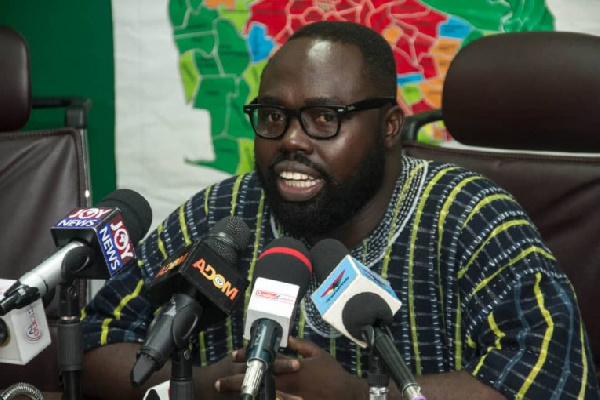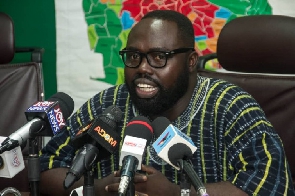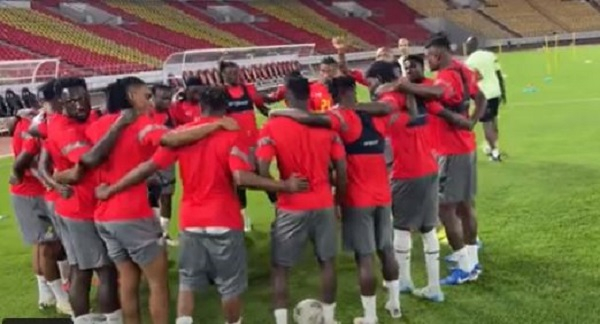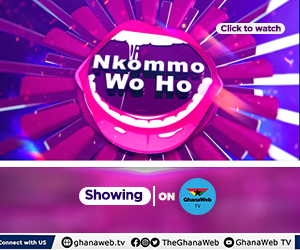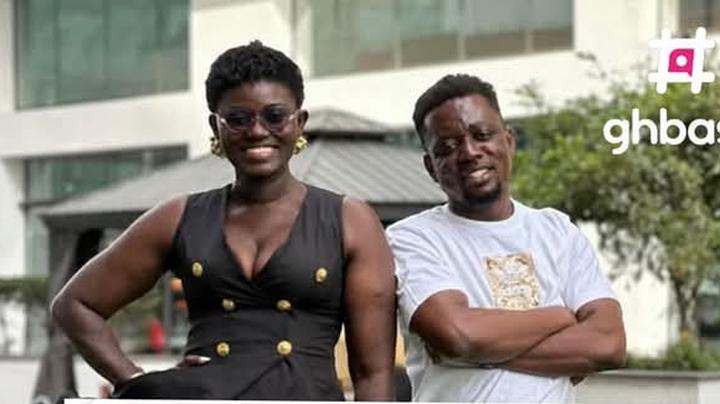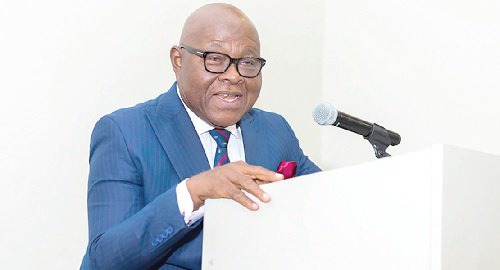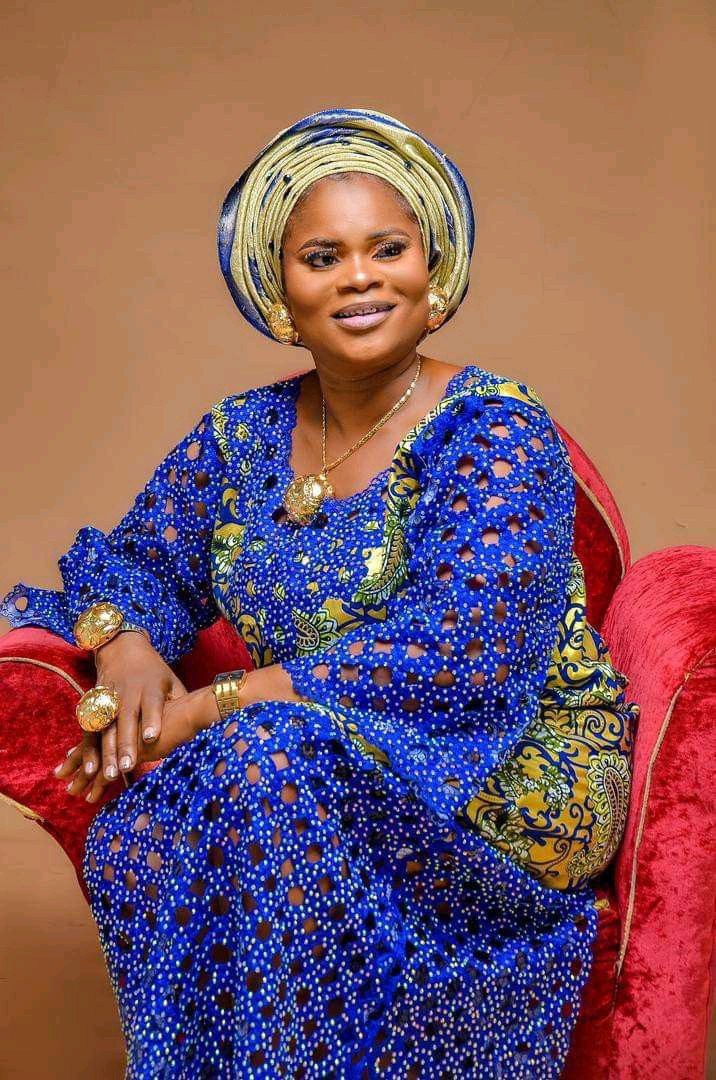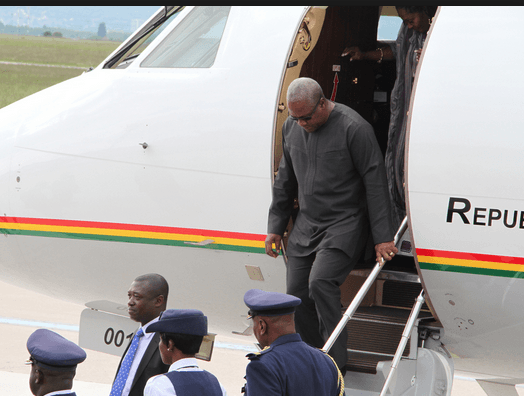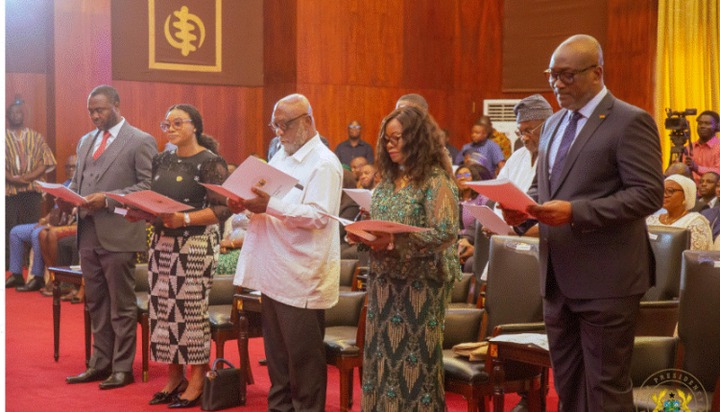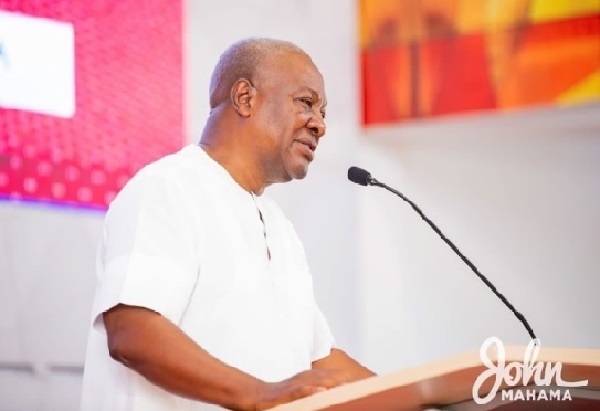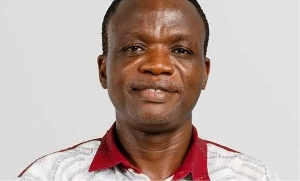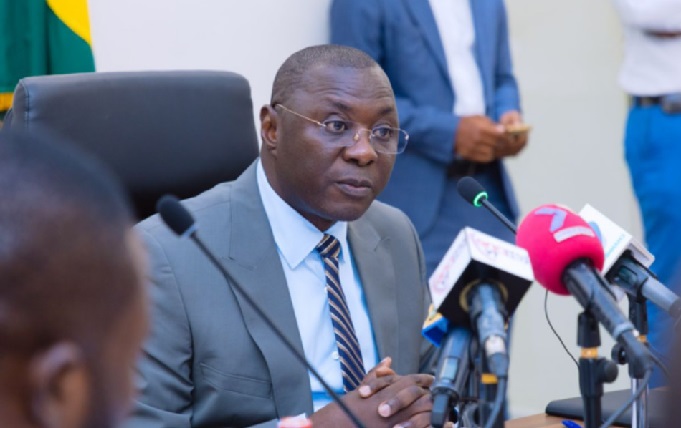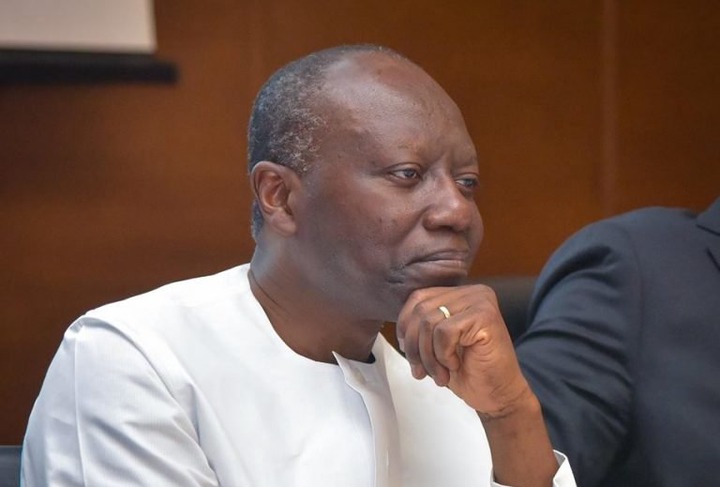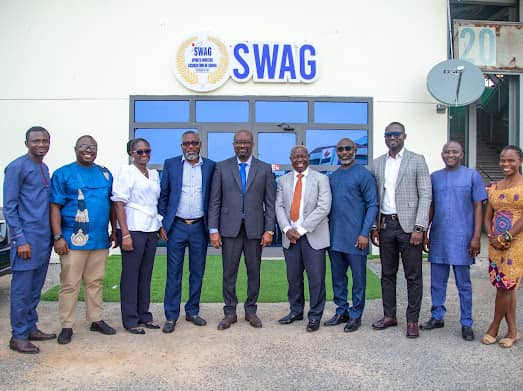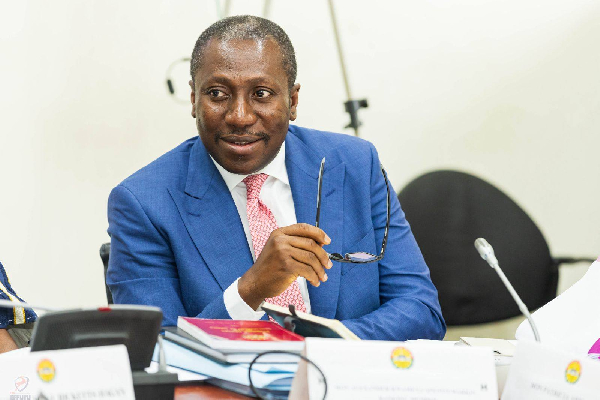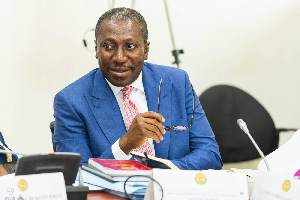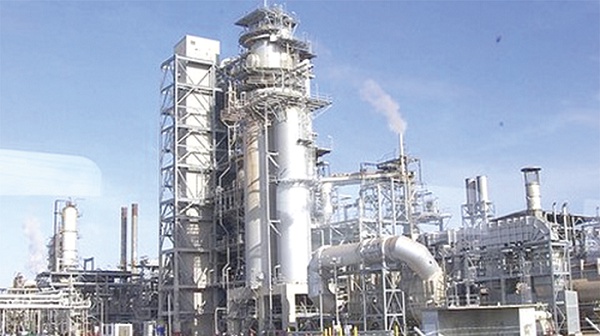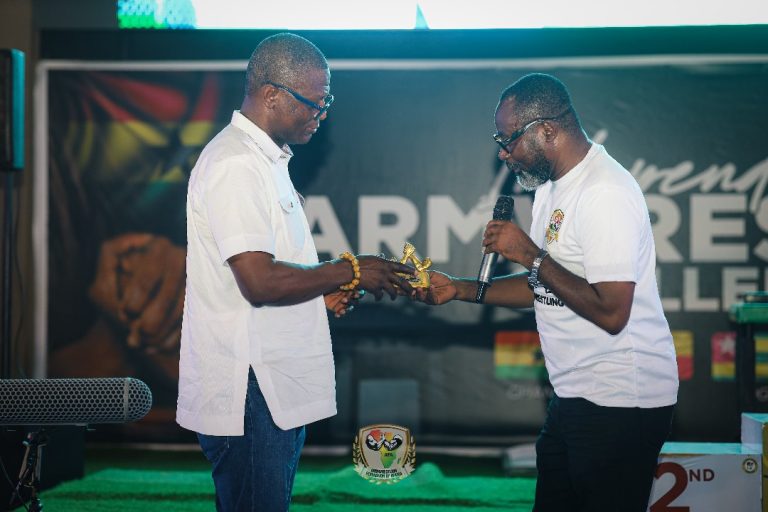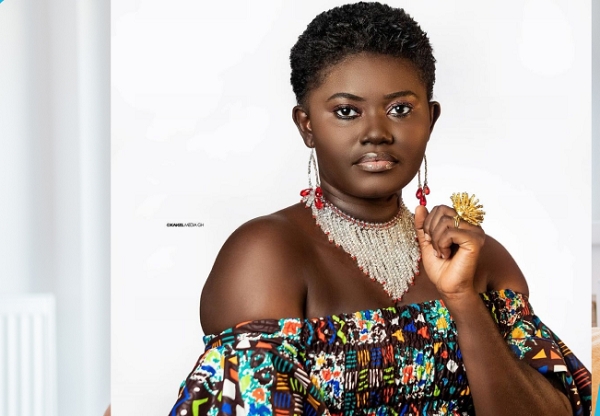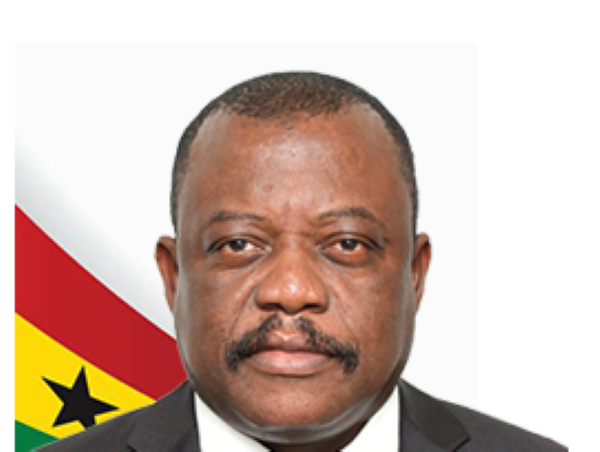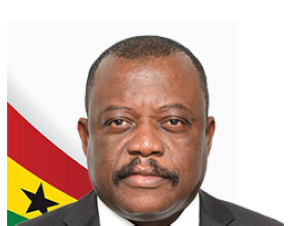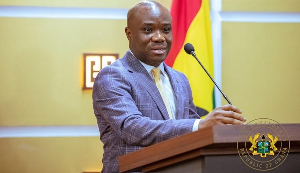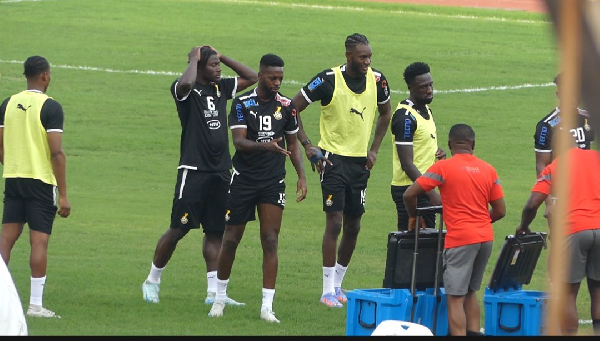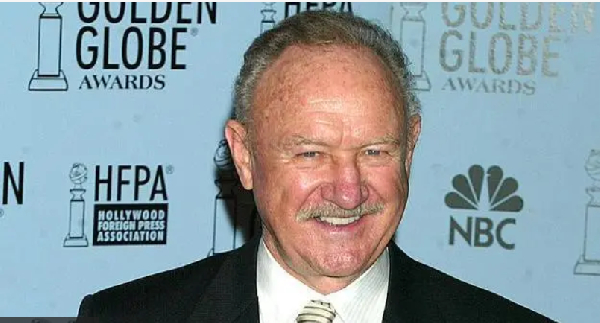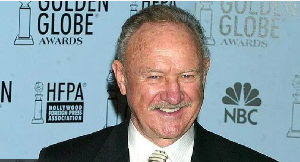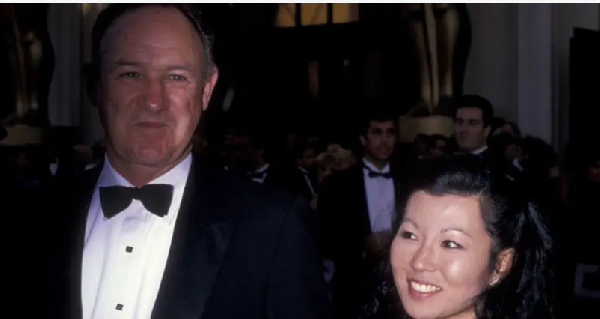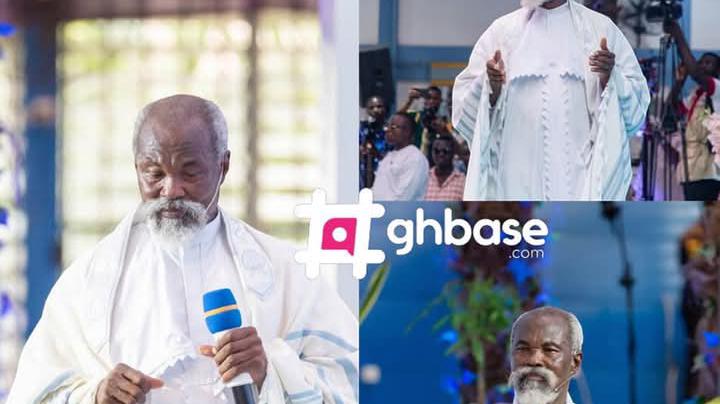GhanaWeb Feature by Sisl Prempeh
The government of Ghana’s establishment of a Petroleum Hub at Jomoro is a strategic initiative aimed at transforming the Western Region into a major player in the West African energy sector.
This ambitious project is poised to revolutionise Ghana’s downstream sector, reinforcing its role as a key supplier of refined petroleum products in the region, while creating significant employment opportunities.
But how can this initiative, linked to the ambitious 24-Hour Economy of President John Dramani Mahama’s government, see to employment opportunities and the growing of the country’s GDP?
The Petroleum Hub Development Corporation (PHDC) and Its Role
The Petroleum Hub Development Corporation (PHDC) was established to oversee and facilitate the development of the petroleum hub at Jomoro, as mandated by the Petroleum Hub Development Corporation Act, 2020 (Act 1053). This massive project will feature:
1. Three refinery complexes with a combined capacity of 900,000 barrels per day
2. Five petrochemical plants
3. Storage facilities with a capacity of 10 million cubic meters
4. Essential port infrastructure
5. And other ancillary developments including residential apartments and water treatment plants among others.
With an estimated 700,000 new employment opportunities, the Petroleum Hub is set to significantly contribute to Ghana’s economic transformation. The project is expected to boost Ghana’s GDP by up to 70%, further solidifying the country’s role in the regional petroleum supply chain.
Aligning with President John Dramani Mahama’s 24-Hour Economy Vision
The government’s vision for a 24-Hour Economy presents an opportunity to maximise employment and productivity within the petroleum sector.
The Petroleum Hub, operating continuously around the clock, aligns seamlessly with this vision by offering extensive job opportunities and fostering a more dynamic economy.
By leveraging 24-hour operations, the hub will increase production efficiency, optimise logistics, and enhance the value chain, ensuring a stable supply of refined petroleum products for both domestic and regional markets.
This approach will not only maximise the hub’s economic impact, but also contribute significantly to Ghana’s goal of economic resilience and industrial growth.
The Petroleum Hub’s Strategic Importance
The Petroleum Hub is integral to the development of Ghana’s energy sector, offering the following key components:
1. Increased refining capacity to meet domestic and regional demand
2. Establishment of new industrial and petrochemical facilities
3. Expansion of storage and distribution infrastructure
4. Generation of over 700,000 jobs across various industries
The Global Energy Landscape and Ghana’s Role
Despite global commitments to renewable energy, Africa’s petroleum consumption remains relatively low, accounting for less than 4% of global oil consumption.
In 2024 alone, Ghana imported approximately 1.36 million metric tonnes of petroleum products in the second quarter, the highest recorded in recent history.
Forecasts indicate that Africa’s oil consumption will rise from 6.2 million barrels per day in 2005 to over 6.4 million barrels per day by 2030, signifying a growing demand for energy resources on the continent.
Meanwhile, major global oil players such as BP, Chevron, and ExxonMobil are recalibrating their energy strategies by striking a balance between fossil fuels and alternative energy sources.
BP has scaled back its renewable energy targets in favour of steady fossil fuel revenue, while Chevron and ExxonMobil continue to expand their investments in biofuels as part of a broader strategy to meet decarbonization targets.
TotalEnergies and other global giants are also investing in biofuels, using sustainable sources such as waste biomass to enhance their renewable energy portfolios.
This means that Ghana should not totally abandon its quest to explore further investments in both the upstream and downstream hydrocarbon sector.
Economic and Strategic Advantages of Ghana’s Petroleum Hub
1. Enhancing Employment and Productivity through a 24-Hour Economy: The integration of President Mahama’s 24-Hour Economy initiative into the Petroleum Hub development will maximise employment opportunities and drive productivity.
A continuous operation model within the refineries, petrochemical plants, and storage facilities will create shift-based employment, providing sustainable income for thousands of Ghanaians.
2. Energy Security and Self-Sufficiency: By refining its petroleum locally, Ghana can ensure a stable energy supply and reduce dependence on expensive fuel imports, making energy more affordable for businesses and households.
3. Economic Growth and Industrialisation: The hub is expected to contribute up to a 70% boost to Ghana’s GDP, foster industrialisation, and stimulate economic activities through job creation and foreign investments.
4. Regional Leadership and Market Expansion: With West Africa’s increasing demand for petroleum products, Ghana is strategically positioned to become a dominant supplier of refined petroleum products, strengthening trade relationships within the sub-region and beyond.
5. A Balanced Energy Transition: The Petroleum Hub will support Ghana’s gradual transition toward renewable energy sources, while ensuring that fossil fuel refining continues to play a role in sustaining industrialisation and economic stability in the foreseeable future.
By fostering a competitive and investor-friendly environment and aligning with the 24-Hour Economy strategy, PHDC seeks to unlock the full employment potential of Ghana’s energy sector.
This approach will ensure that the Petroleum Hub is not only an engine for economic growth, but also a catalyst for enhanced productivity and sustainable industrialisation.
With strategic investments and sustainable development practices, PHDC is poised to drive Ghana’s industrial transformation, solidify its role as a regional energy leader, and enhance employment opportunities across multiple sectors.
The Petroleum Hub at Jomoro stands as a transformative initiative, set to redefine Ghana’s role in the West African energy landscape.
By optimising operational capacity through round-the-clock activities, embracing a balanced energy transition, and driving employment growth, the hub will serve as a cornerstone for Ghana’s economic development, ensuring a stable and resilient energy future for the country.
SP/EA
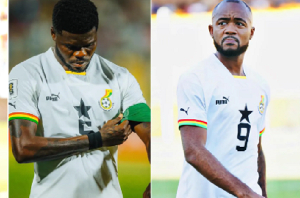 Thomas Partey and Jordan Ayew
Thomas Partey and Jordan Ayew
